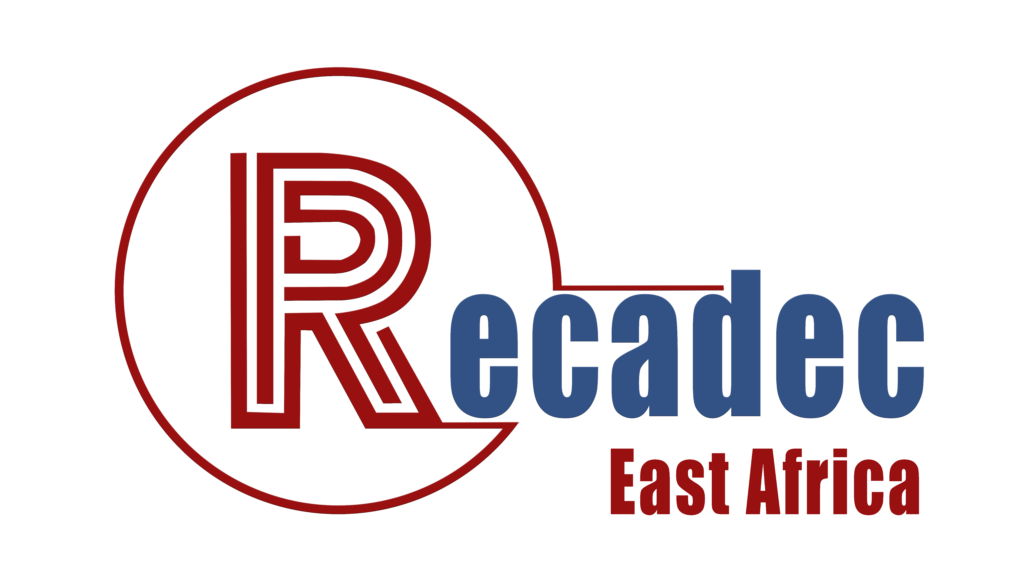Doing research and supporting evidence-based education to foster youth employability and entrepreneurship
Audiences.
The fostering market-ready graduates’ program will directly and indirectly impact several groups in East Africa. With a focus on adding value to the skills output of the higher learning institutions, the program is bound to impact the following groups.

Youthful graduates of the age 18 to 35: who recently graduated from university or college
and are struggling to get meaningful employment. This is inclusive of the marginalized youths, including those in the rural areas or from underprivileged backgrounds, who lack access to quality education and training. Aspiring entrepreneurs who are seeking mentorship, skills to grow or start a business.

Educators and Academic Institutions: Member of higher learning institutions involved in research, curriculum development and delivery, faculty members, lectures and administrators. Universities and colleges that require support for curriculum reviews, integration of evidence-based practices, and enhanced institutional strengthening.

Policy Makers and Education Stakeholders: The national and regional education and labor policy makers that need data-backed insight and actionable methodologies to reform the education system. Higher education industry partners are looking at how to bridge the gap between work skills produced through education and market demand.

Employers and Industries: The private and public institutions that are looking for
competent, innovative, skilled and market ready graduates to fill in the skills gap.

Communities: Families and communities, after their young people have obtained better, more suitable jobs that contribute to local development.

Development partners and global stakeholders: global and regional education initiatives, networks and organisations involved in different education initiatives. They will benefit from the programme’s information and resources and from a best practice model thanks to the best practices developed as part of the programme.
By meeting the needs of these groups, the program will stimulate positive growth within the education industry and adaptable workforce while driving social-economic development across East Africa.

 Français
Français